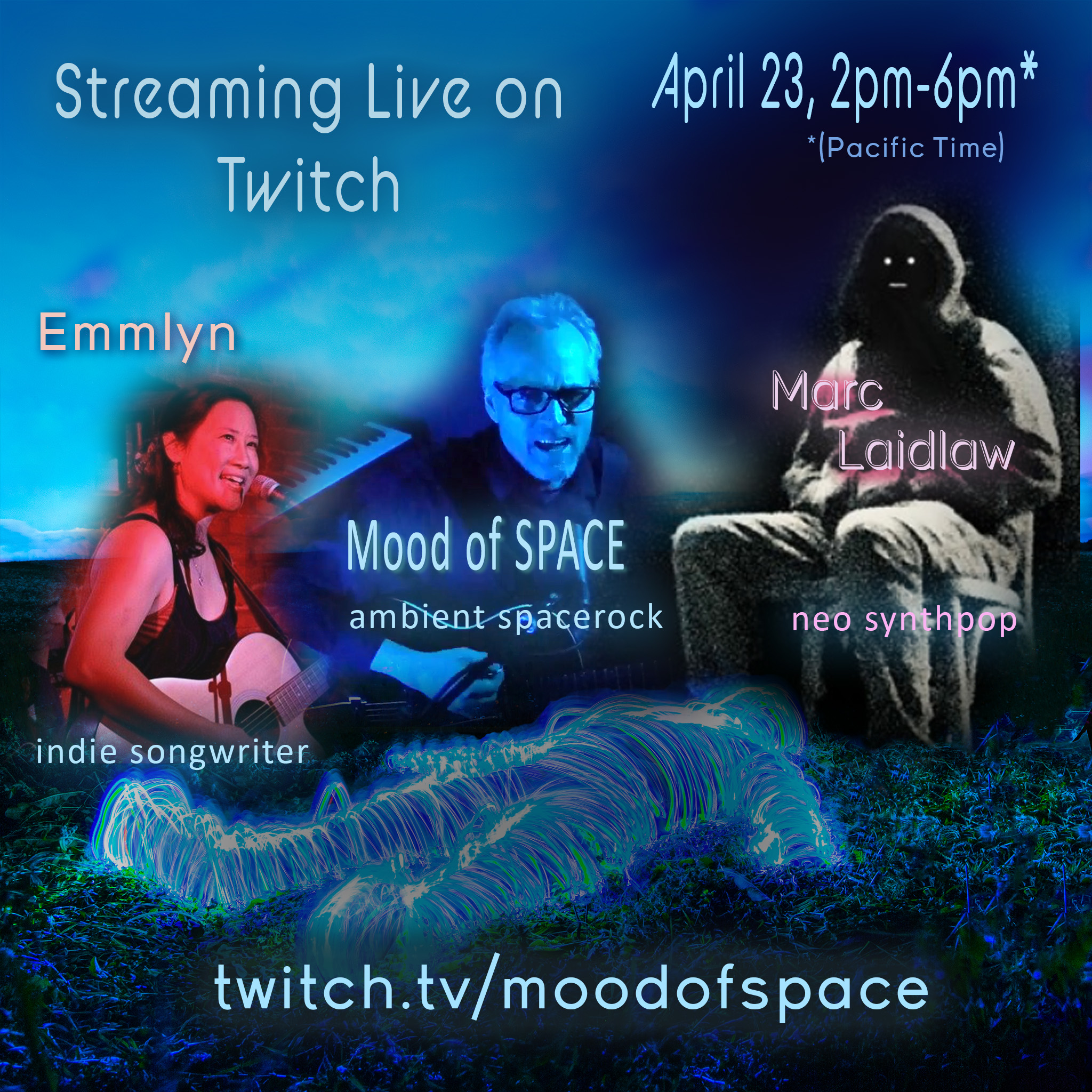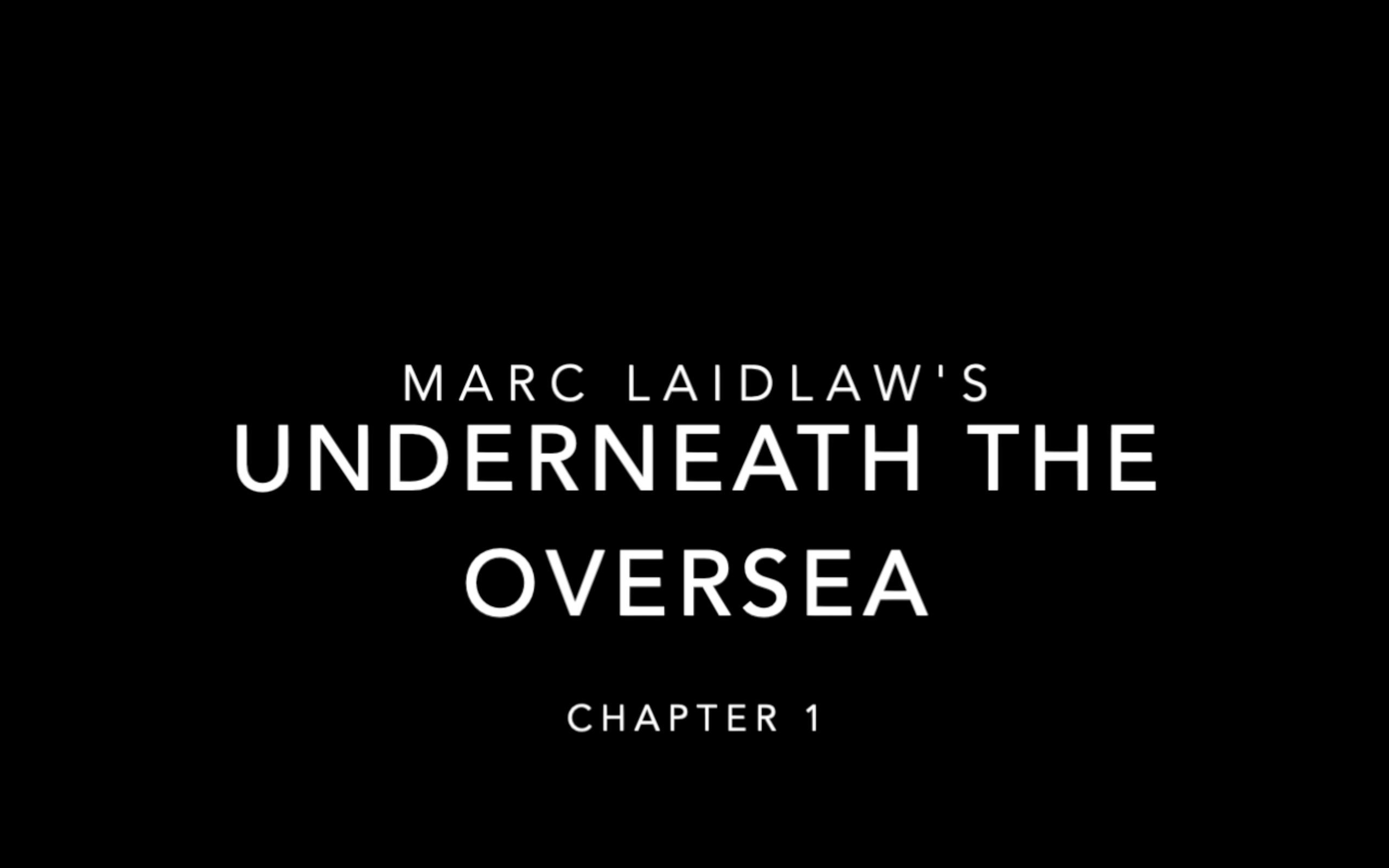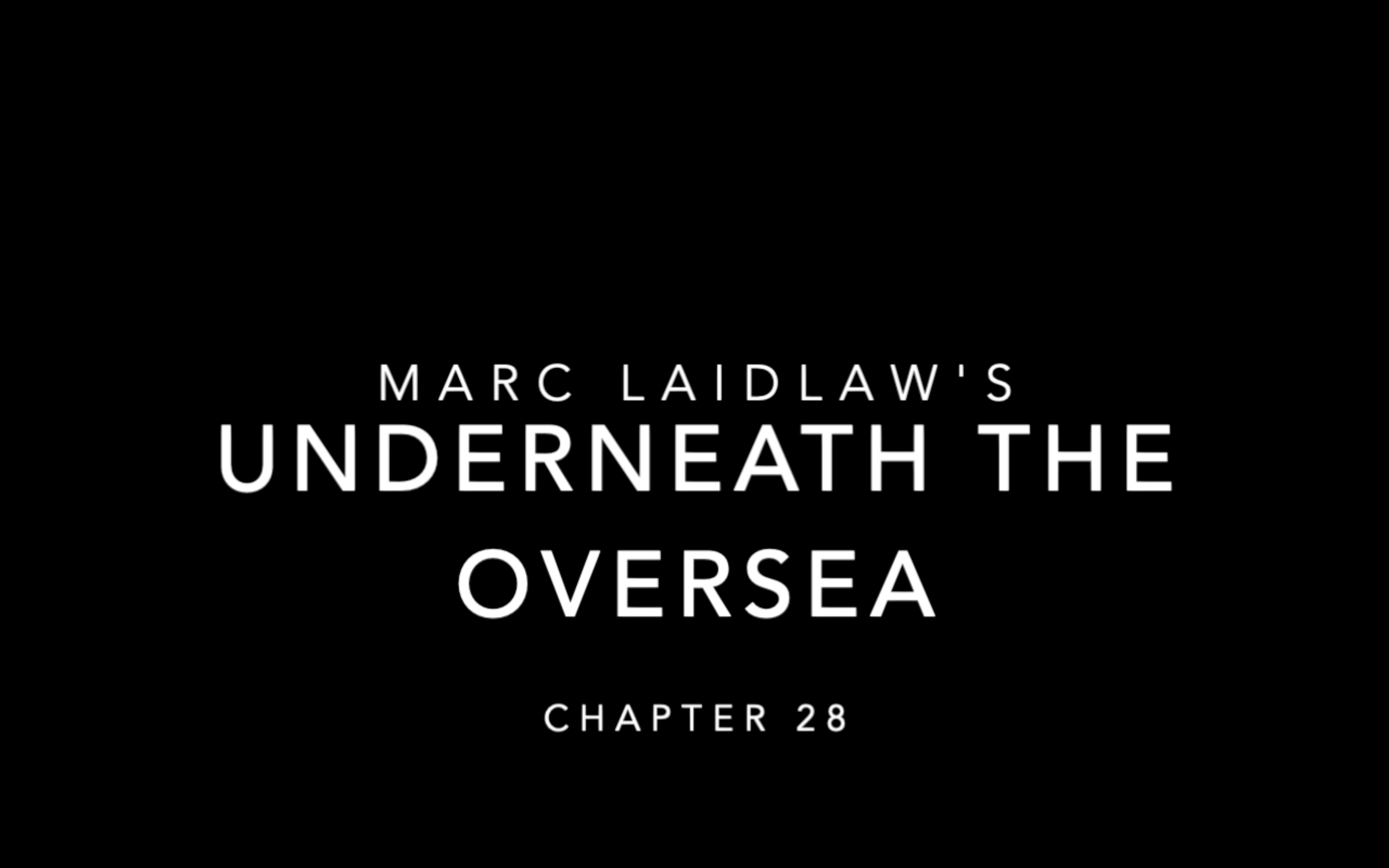The following is a letter I prepared at Valve after years of getting requests for the same advice and information. I have not updated it much since leaving the company, but I still get these questions and I still send this out. I’m posting it here so that I can now just reply with a link instead of having to dig up the old document. It is now mainly of historical interest.
Thanks for writing to ask me for career or college advice. Sorry for the boilerplate response, but I now receive these requests so frequently that I thought I’d try to put the answers in one place. Forgive me if I don’t have time to answer your questions individually.
Q: What type of education did you receive before breaking into the industry?
A: I have “several years” of college education, mainly focused on English literature. The only work-related skill I specifically gained in school was a typing class I took in junior high. I don’t have a programming background but I occasionally try to educate myself in that regard. When I was in college, programming meant typing your code into punch-cards and giving them to someone in the university computer center to go off and compile, only to discover that your second card had a bug in it. I didn’t see a PC until I was out of college. I used a typewriter, not a word processor. None of the games in the arcades resembled anything I thought I could contribute to. This should give you hope, however: Continue to develop your skills in areas you love, and opportunities to put your talents to work will emerge. The thing you’re meant to do might not exist yet. I am not a good source for educational advice. We always advise that people who want to work in the industry are better served by creating games in a practical setting: Work with a team to create a mod, and you will see if you have what it takes to actually see a project through from vision to completion. We often hire mod creators who are brought to our attention by our fans, when they tell us: “This mod is great, you should hire these people!” It can be harder to find a way to contribute as a writer, but not impossible; and the fact that there are fewer positions for writers in the mod community is unfortunately a reflection of how few jobs there are for writers in the industry in general. There are far more positions for programmers, artists and animators than there are positions for writers.
Q: How did you get into the industry?
A: I developed my writing independent of the game industry–I wrote short stories and novels from childhood on, and finally began to have some professional success late in my teens. I was not really aware of the industry until I played Myst, which is also when I realized that I wanted to make games. At that point I began playing, analyzing, and reviewing games, which led to an assignment for Wired Magazine: Write an article about id Software, which was then making Quake. This led to a variety of personal and professional contacts. At around the same time, I was given the opportunity to meet and work with Haruhiko Shono and his colleagues at Synergy studios in Tokyo, to develop a novel based on the game Gadget. I began putting out the word that I was interested in working with game developers to use games for storytelling, and this led to a few doors opening. One of those doors opened into Valve.
Q: Was this your first career choice?
A: Games did not exist when I was considering careers. I wanted to be a fulltime freelance professional writer, and that was what I pursued. However, I discovered that I personally could not make a living at this, let alone support a family, so I worked a number of other jobs from bookstore clerk to legal secretary. I did not get into the game industry until 1997, when I was 37. That was when games had finally reached a point where I felt I had something to offer. They were sufficiently mature as a medium to seem interesting to me.
Q: How does writing games differ from writing novels?
A: Working on games is a team activity. Very few games are made by a solitary individual. Yet most novels are written this way. To be a successful game writer, you have to enjoy working with a team, just wanting to create the best possible game, recognizing the good ideas no matter who might have suggested them in the first place. If you like being the sole creator, then stick with prose, where you can have complete control over your vision.
Q: How often do you work?
A: I work a regular week, Monday through Friday, and when we’re close to shipping, the days get longer and bleed over into the weekends. My schedule is very reasonable at this point, but early on it was quite intense. Seven day work weeks were not unusual. I often went home to see my family in the evenings, then went back to work till late at night. I was younger then!
Q: What is the salary for an average worker in your field?
A: I’m not able to comment on the field in general, or on specifics regarding Valve. The International Game Developers Association has done regular surveys on this topic, which you might find through their publication, Gamasutra.
Q: What specifically do you do?
A: My job varies from frequent brainstorming sessions about things like overall world creation, character histories, engineering a plot that meshes neatly with gameplay, writing dialog, and helping direct voice recording sessions. Some of our other writers have taken an active role in creating entertaining marketing and website material, or they have gotten into more direct roles in managing and promoting our games. At times I have done level design to demonstrate story ideas, but with so many excellent visual designers here, I don’t do as much of that these days. On an average day, I talk to a lot of people about what we’re working on, figure out if there are any tasks that need my immediate support, attend meetings that sometimes involve long-term planning, sometimes short-term goals, and I write a lot of emails.
Q: Do you work among many other people?
A: I typically work closely with a handful of people who are part of a larger team, but I do move around from project to project as needed.
Q: What types of equipment do you utilize?
A: Writing is technology-agnostic. You can write in a Moleskine if you like. At some point you need to make sure your work can be emailed and printed, given to designers and actors to read. But it’s the least equipment-intensive job in the game industry.
Q: What does a script for a game look like?
A: Script format varies not only from company to company but from project to project and from writer to writer. Some writers use off-the-shelf screenplay software to create something that looks like a standard screenplay; this is helpful to actors when they are reading lines in a studio, as the scripts are free of confusing game-specific text. However, internally, scripts must typically be marked up with a great deal of information, indicating the names of sound files, providing instructions to programmers and level designers. At this point, a lot of writers end up working in something like a spreadsheet or creating a custom database that lets them output the script in a variety of different ways for different users. Actors get something that looks like a screenplay; level designers get something more detailed. In every case, the writer needs to accompany the script and be there to make sure it is implemented correctly in the game, and to take advantage of unexpected opportunities for storytelling that might arise when the game is under construction.
Q: What is your least favorite part of your job?
A: Spending a lot of time and energy developing characters and story ideas, only to learn that the game has changed so drastically (sometimes overnight) that none of it is useful.
Q: What is your favorite part of your job?
A: The frequent sense of discovery, of pioneering, and the fact that creativity and innovation are highly valued here. Working with smart creative surprising people is the thing that makes it fun to come into the office every day. For me it is a dream job.
Q: Who are three people that you respect in this field that I could also get advice from?
A: I can’t give out names or contact information.
Q: Can you give me some advice about getting a creative writing job for video games?
A: Develop your writing for its own sake. Even if the game industry were to dry up and disappear next year, following your passion for writing and telling a story will help you find a way forward.
I hope this is helpful to you.
Marc Laidlaw




